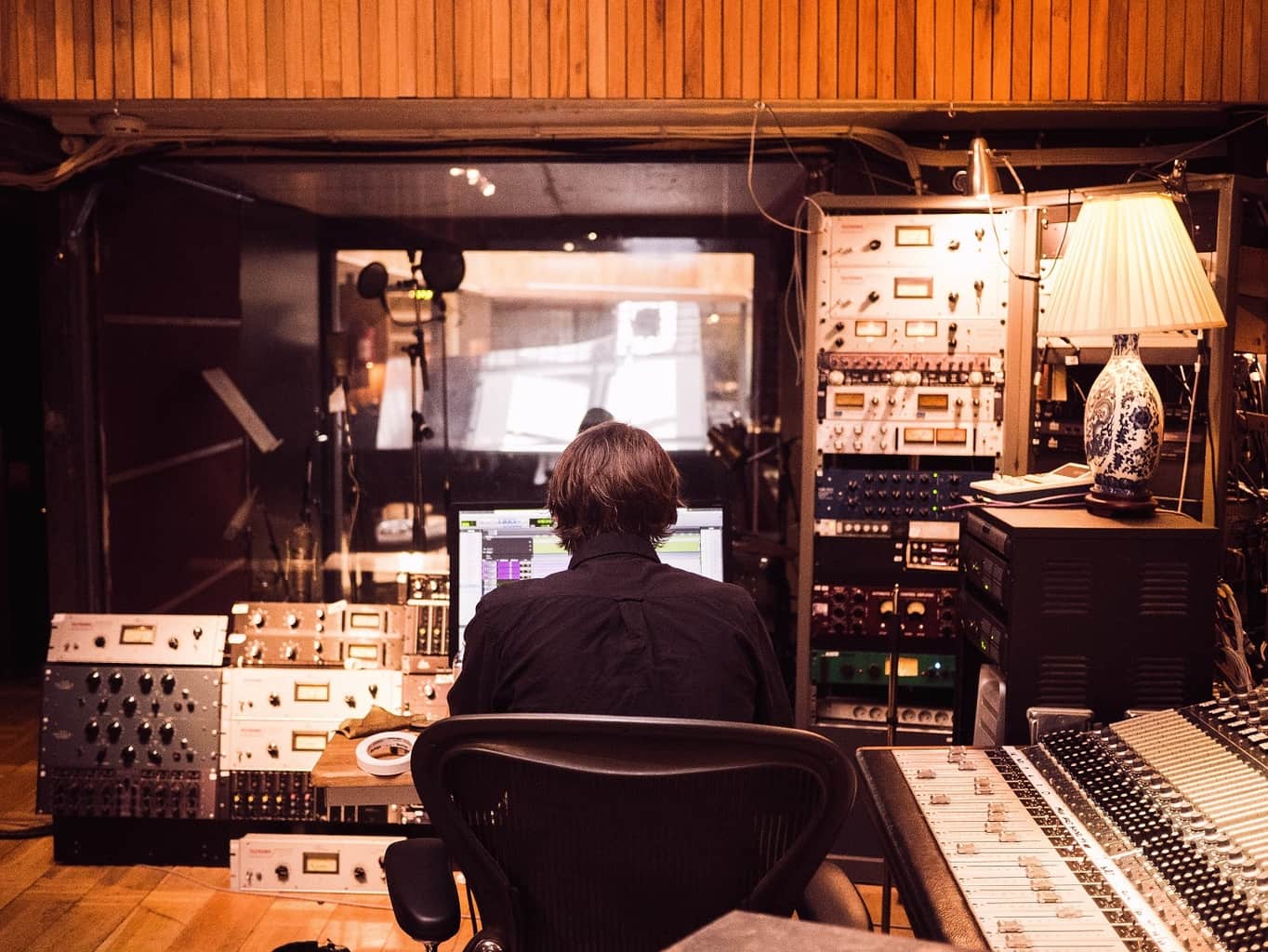
How to Use Hashtags to Boost Social Media Engagement [Infographic]
You know you lack any degree of hipness when your thirteen-year-old son starts speaking to you in hashtag-ese (if you’re wondering “what is a hashtag,” keep reading…)
For example, “Gee Mom, hashtag get with it” (#getwithit).
Really? Did you just speak to me in a hashtag? Or worse yet, he gets away with saying, “you’re hashtag super annoying.” #superannoying.
Is he really speaking to me? Obviously, the use of hashtags is currently hot. I’m just not jumping on this usage bandwagon without a good reason. Unless reminded at a wedding reception or charity event to Tweet my pictures with the tag, #TheRedandWhiteBallSonoma, I don’t think in hashtags. (Yes, this is a subtle plug for an upcoming event in my hometown of Sonoma.)
To show my son the ridiculousness of using hashtags in a conversation with his mom, I had him watch the Jimmy Fallon and Justin Timberlake parody of the misused and misunderstood use of hashtags. He fell over in his seat laughing hysterically and was even more empowered with his hashtag usage, #momsoawesome. Well, I’ll take what I can get.
What is a Hashtag?
With that said, I’m well aware that hashtags are here to stay. The Oxford English Dictionary even added it as a word in June 2014. Though hashtags are a somewhat new Internet trend, I’m hoping there will be a return to their original usage. How does one use hashtags purposely and in a way that makes sense?
Hashtag: (on social media sites such as Twitter) a word or phrase preceded by a hash or pound sign (#) and used to identify messages on a specific topic.
What are the Benefits of Hashtags?
Many studies have shown that tweets with hashtags generate up to double (if not more) user engagement. Well, that makes sense and gets me thinking about how one can maximize the ROI from hashtag usage. Taken from our post on How to Increase social engagement by adding #Hashtags to Facebook, Twitter, & Pinterest, here are some of the benefits of using hashtags:
- Increase viewership: Similar to keywords used for search optimization, hashtags help people discover your content in social. You can instantly become more visible and become part of a trending conversation.
- Build Social Followers: Hashtags help build social followers. If you are an authority on barbecuing, hashtags will help people find you within a room of desperate conversations.
- Create new customers: Find new prospects and customers. Monitor important hashtags in social and jump on relevant opportunities. For example, you could find a prospect in need of your service or discover a prospect unhappy with a competitor. Hashtags discover conversations that are happening ‘right now’ vs. keywords that will last a long time. It is important to set-up an alert within your favorite social media monitoring tool on the conversations (hashtags) you want to follow.
- Branding: Hashtags can help brand your business. You can set-up a branded hashtag specific to your business. For example, if you are running a sale, you could create the hashtag #Bobs_barbeque_blowout. If you add the hashtag to your customer communications (email, twitter), your customers can follow the hashtag to stay current on your latest promotions.
- Revenue: Hashtags help you quickly determine what people are talking about so this will help guide new content decisions and create new product ideas to boost sales.
- Competition: Track your competition. See what conversations they are a part of or what people are saying about them.
What is a Hashtag and How to use Them to Increase Social Media Engagement
For further clarity, we recently posted some great advice on how to use dlvr.it to convert headline keywords into hashtags and this visual below from QuickSprout shows additional tips and tricks on how to use hashtags to increase your online presence.




